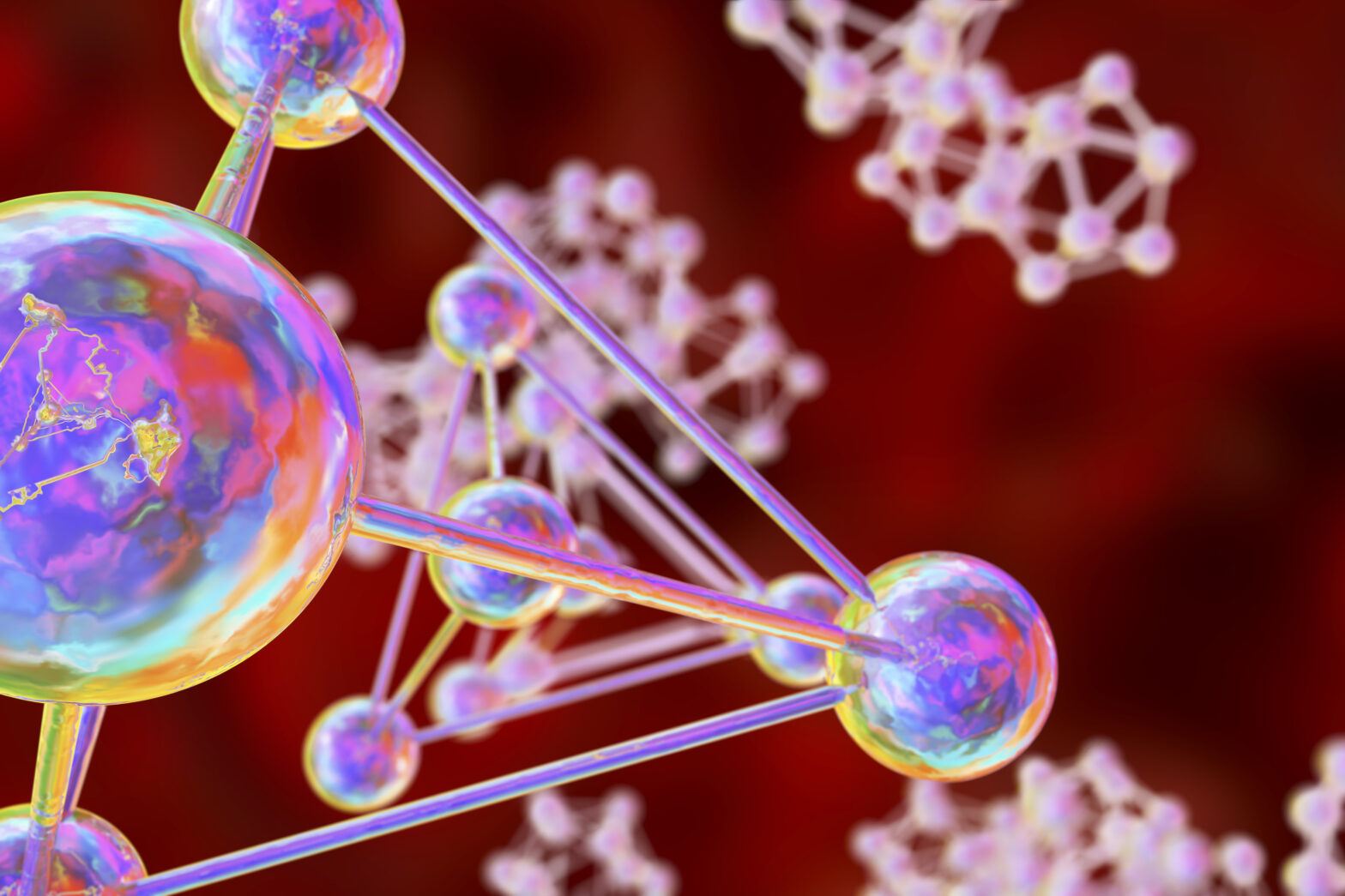Bio-on and Sadam Group are now working together to develop a low-cost, environmentally sound industrial process to produce levulinic acid, a key element of the sustainable chemical industry of the future.
What is levulinic acid
Levulinic acid is a natural compound made from biomass. The Bio-on and Sadam Group project will use sugar beet co-products as the raw material to create the acid, which is a platform chemical product that can be used to produce other chemical substances or to replace the synthetic alternatives.
The main end-users of levulinic acid are the agricultural, pharmaceutical and cosmetics sectors, but this natural molecule also helps create new ecological fuels, fertilisers and anti-parasitic products. It is also used in the biodegradable plastics sector, expanding its field of application, and it is an intermediate element for making high-performance plastics, drugs and many other new-concept “green” products.
According to the US National Renewable Energy Laboratory, levulinic acid is one of the 12 most promising bio-intermediates, and will be one of the largest families of industrial derivatives in the future>. Based on independent research and industry forecasts, Bio-on estimates that market demand for levulinic acid will grow 150 to 200 times over the next seven to eight years.
For Sadam Group’s Massimo Maccaferri, levulinic acid will change the way the world produces synthetic chemicals. “This molecule is an extraordinary tool that can kick-start the re-launch of the Italian chemical industry, safeguarding employment and guaranteeing an investment in our future,” he says.
Organic raw materials to create synthetic chemicals
Ahead of growing demand for levulinic acid, Bio-on and Sadam Group’s project will use the sugar industry by-products as raw material, in a process that will have low environmental impact. At present, levulinic acid is globally produced by an energy intensive and highly polluting process that are unacceptable for European standards. The process is also high in cost, which pushes the market price of the acid -a cost that will inevitably be passed on to the consumer.
With this in mind, Bio-on laboratories built a pilot plant over the past two years for research. Subsequent project development will involve the construction of a demo plant with a capacity of producing 5,000 tonnes of levulinic acid per year. This structure will be built at Sadam’s Tre Casali agro-industrial plant in San Quirico, Italy, which will also include an industrial plant using Bio-on technology, to produce PHAs biopolymers from glycerol, a co-product of bio-diesel production.
The project has a €6 million budget for the next three years, with the end goal of demonstrating the possibility of creating a production process at competitive cost and with low environmental impact, so that it can be replicated on a larger scale in a subsequent industrial and commercial phase. The funding came from the Italian Ministry of Economic Development’s Sustainable Growth Fund.







